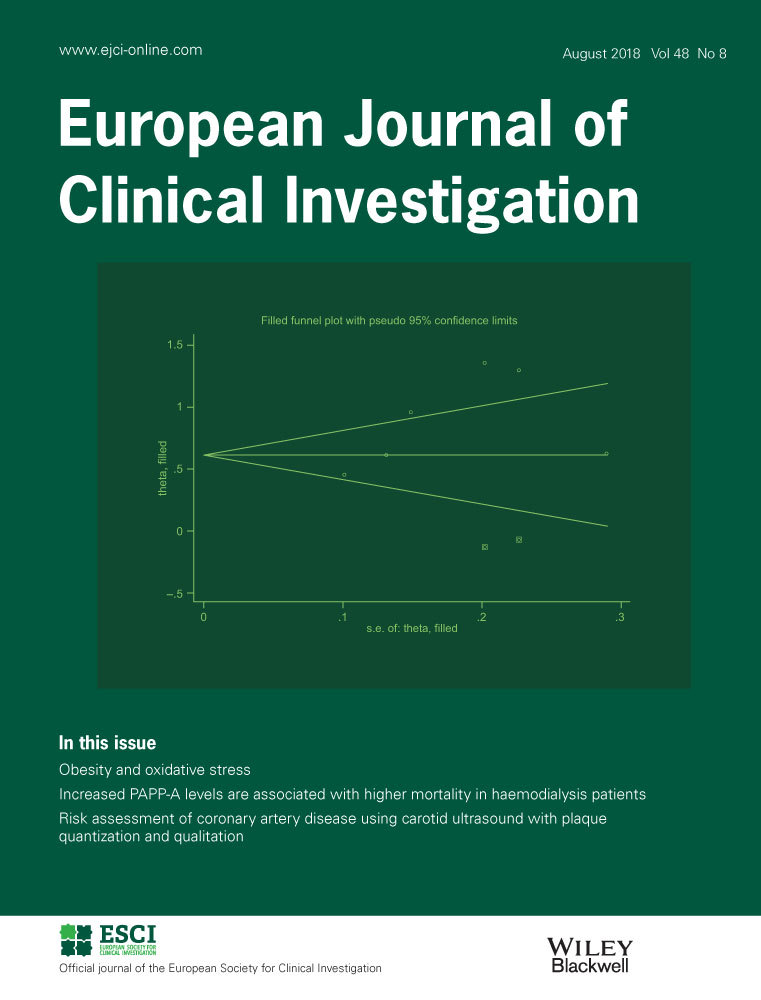Stroke prevention in atrial fibrillation: A narrative review of current evidence and emerging strategies
Abstract
Background
Atrial fibrillation (AF), the most prevalent cardiac arrhythmia, is associated with a significantly increased risk of mortality and morbidity from stroke, thromboembolism and dementia. Recent advances in stroke prevention strategies necessitate an updated approach to management.
Results
Published evidence shows that the Atrial Fibrillation Better Care (ABC) pathway significantly improves stroke prevention outcomes in AF patients, reducing mortality, stroke incidence and bleeding events. Characterisation of AF using the 4S-AF framework helped guide personalised treatment selection and was associated with improved clinical outcomes. For patients unsuitable for anticoagulation, left atrial appendage occlusion has been identified as a viable alternative. Digital health technologies demonstrate increasing utility in early AF detection to enable timely stroke prevention interventions. There is evidence for the dynamic nature of stroke (and bleeding) risk, as well as arrhythmia burden and AF progression over time, in addition to changes in ABC pathway adherence.
Conclusions
Effective stroke prevention in AF requires a comprehensive holistic approach incorporating appropriate risk stratification, guideline-adherent anticoagulation and management of underlying cardiovascular conditions and other comorbidities. The ABC pathway, supported by characterisation using the 4S-AF framework, provides a structured approach to optimise outcomes. Regular reassessment of risk, along with careful selection of anticoagulation strategies, remains crucial. Integration of digital health technologies and structured care pathways shows promise in improving patient outcomes.


 求助内容:
求助内容: 应助结果提醒方式:
应助结果提醒方式:


